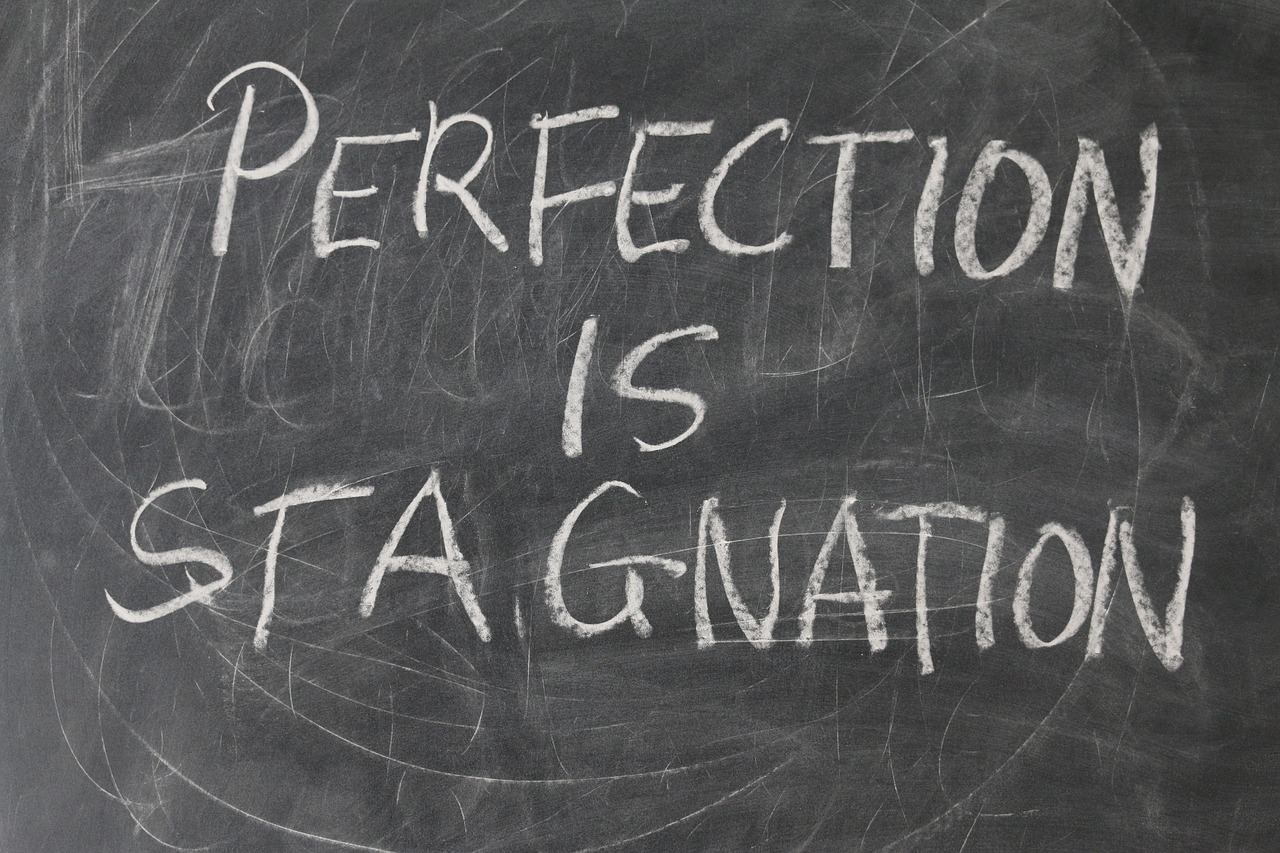
Do you ever feel overwhelmed by anxiety? You’re not alone. Anxiety has become a constant companion for many. Whether we’re worried about global challenges like the economy or personal issues such as finances, health, or relationships, anxiety’s reshaping the way we live, think, and interact with the world.
But how did we get here?
We live in a time where stress and worry are more prevalent than ever, often lurking in the background of our everyday lives. Whether it’s the fear of the unknown or the mounting pressures we face in our jobs and personal lives, anxiety has taken root. The problem is, it’s not just about what’s happening outside us—it’s what’s happening inside.
Let me walk you through it, and more importantly, show you a path out.
Imagine waking up each day to a subtle, but persistent, sense of unease. You can’t pinpoint it, but it’s there—nagging at you like a constant hum in the background. That’s the experience many people have today.
We’re constantly bombarded by different stressors that keep us on edge, from job security and financial stability to fears about the future. A survey conducted by Chapman University in 2016 found that 60.6% of Americans listed corrupt government officials as their top fear. Not far behind were terrorism and financial worries. The problem isn’t just the events themselves but the sense of powerlessness they create. Uncertainty feeds anxiety.
These fears aren’t just abstract; they manifest in sleepless nights, short tempers, and the heavy feeling that something could go wrong at any moment.
The surge in anxiety stems from one key factor: control—or rather, the lack of it. When we feel powerless to change our circumstances, stress mounts.
For example, let’s look into finances: the lack of control in this area can spiral into poor decisions that only fuel more worry. It’s a cycle that traps many people.
And then, there’s technology.
We’re more connected than ever, yet many of us feel isolated. Social media and constant digital connection feed a new breed of anxiety. The fear of missing out (FOMO) is real. We scroll through perfectly curated versions of others’ lives and feel like we’re falling behind. Are we successful enough? Popular enough? Happy enough?
This digital connection creates a toxic cycle. We compare, we stress, and we isolate, further magnifying feelings of inadequacy and anxiety. It’s hard to escape the feeling that we’re missing something, that we need to do more, achieve more, and be more.
At the heart of anxiety is uncertainty. When the outcome of a situation is unclear, our minds go into overdrive, scanning for threats. Anxiety manifests itself in various forms—fear, worry, frustration—making us question every decision and action. Do I leave my job now or wait? Do I take the risk or play it safe? This tension can lead to rash decisions or complete inaction, both of which fuel more stress.
But anxiety isn’t always a bad thing. In fact, it’s part of how our brains are wired. Psychologists refer to this as the “valence” of emotions. Anxiety can actually be a useful signal in certain situations, like preparing for a big presentation or navigating a dangerous situation. However, the key difference is that in those moments, our anxiety has a clear purpose. When it’s constant and unrelenting, it becomes destructive.
In my years of working with clients, I’ve found that much of the anxiety people experience doesn’t stem from what’s happening now, but from unresolved trauma and emotional experiences from the past.
Have you ever found yourself panicking about something that doesn’t seem to warrant such a strong reaction? That’s because your subconscious mind, which operates entirely in the present, may be replaying past trauma or emotional “concussions,” as I call them.
When something in your environment activates an old memory or experience, your subconscious perceives it as a current threat. Imagine your mind looking for a lion in the room because it’s convinced you’re in danger. But the danger isn’t real—it’s a glitch in your system, and that’s what keeps you in a heightened state of anxiety. Your brain is trying to save you from a threat that no longer exists, keeping you stuck in fight-or-flight mode.
How can you escape this loop? By resetting your mind and breaking free from the patterns that hold you hostage.
Here’s the good news: Anxiety doesn’t have to control your life. Yes, it’s a natural response to stress, but when it becomes chronic, it’s a sign that your system is overloaded. That’s where our TIPP (The Inspired Performance Program) program comes in.
Our program helps individuals eliminate the underlying causes of their anxiety by resetting the mind, allowing you to live in the present rather than being held hostage by the past. We’ve helped over 1,000 people overcome anxiety, depression, and burnout, empowering them to perform at their highest levels—whether at work, in sports, or in everyday life.
Anxiety is a symptom, not the problem. The problem is how your brain is processing your past experiences, and with the right tools, you can eliminate it.
Are you ready to break free from anxiety and live your life without the weight of constant worry? You can start today.
Would you like to learn more? Book a call with a TIPP advisor to find out more.